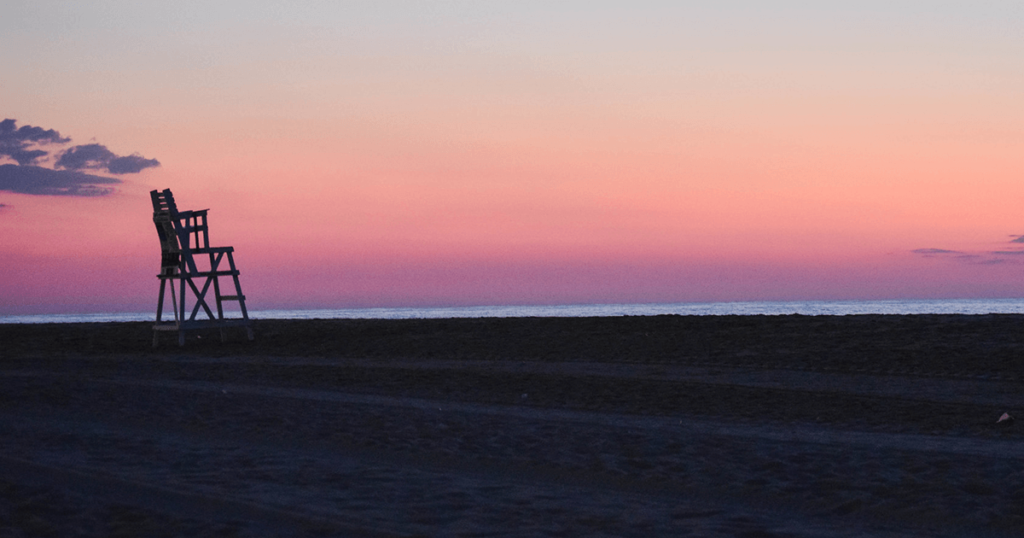
When I say “September,” the word evokes different memories and emotions than when I say “January.” Over the course of my career, I’ve written about a range of feelings—relief, despair, the hope and horror of love—in poetry, reporting, and prose. As part of a yearlong series for the Scholar, each month I am contributing a new poem to a sonnet cycle, marking the changing seasons in the rhyme and meter of an Elizabethan verse.
September
Flung shadows—just like that, the light has changed—
bush roses have an underwater clarity,
so clean, so there, so cozy but estranged,
a meditation on mortality.
Bright fairground nights conceal a sting of cold.
Skies seem to rise and rise, aboil with birds.
Conclusions are foregone. Leaves fold.
You’re living in a world of afterwards.
Abandoned beach towns, wind and shutters, stare
at streets where miles of blinking stoplights swing.
You’re out of place, as if caught unaware
of something, of a sly and angling thing
that strafes you like the light—the slant-told truth
that time exists, along with shopworn youth.

